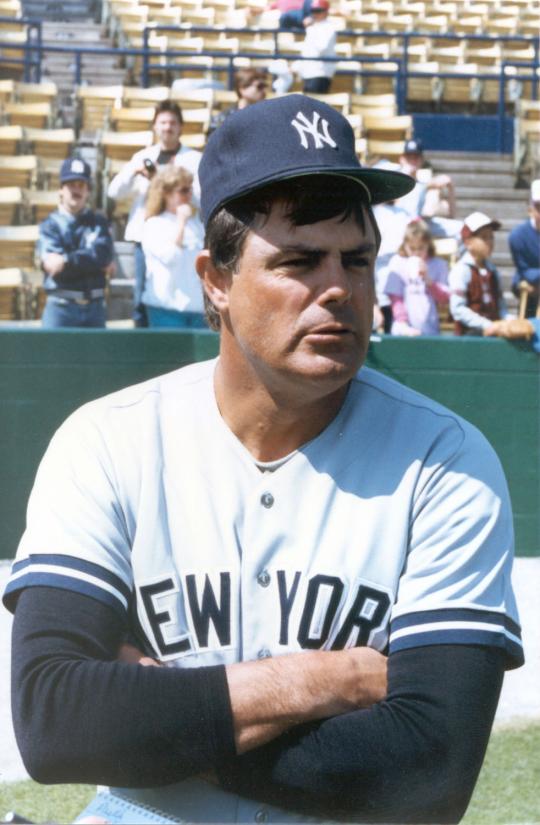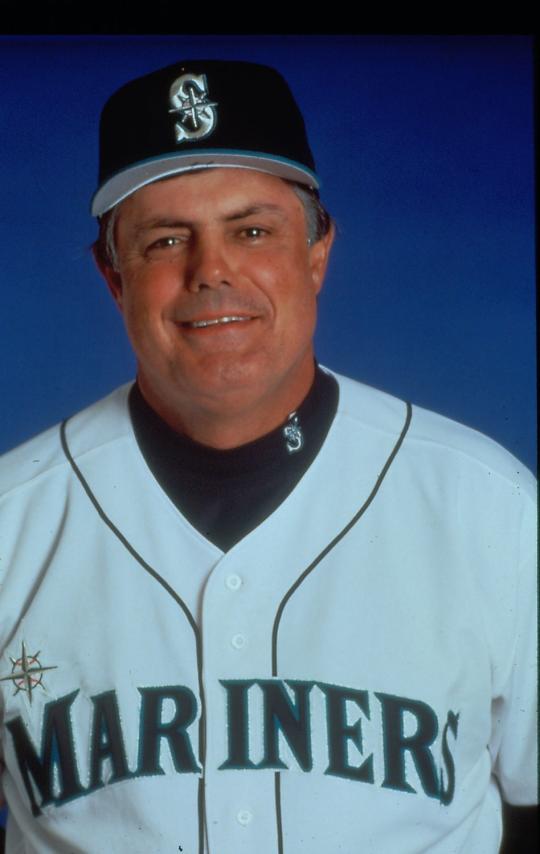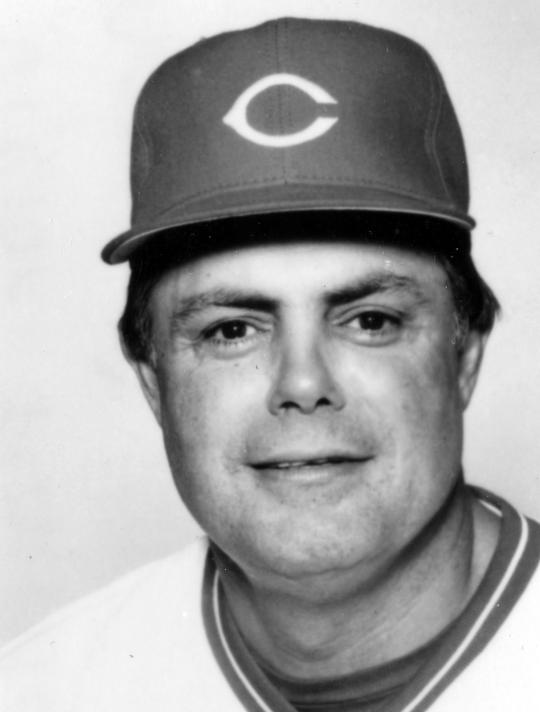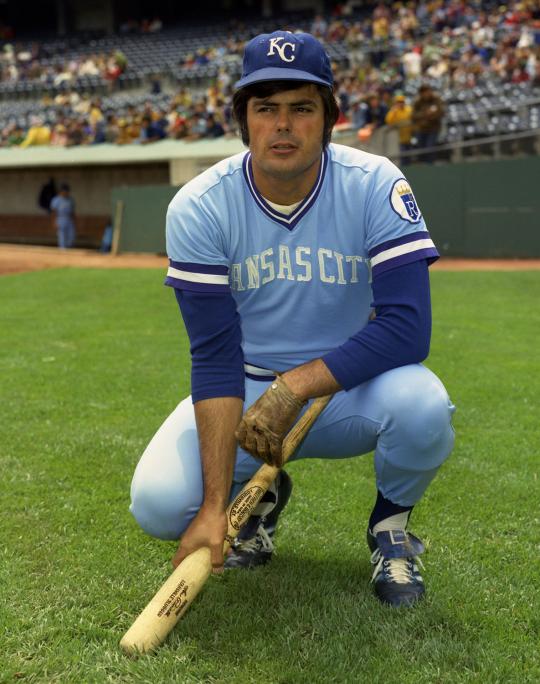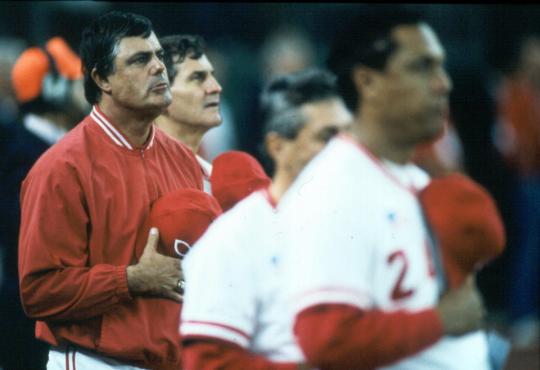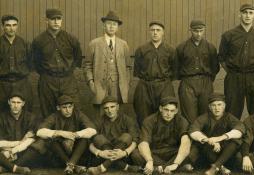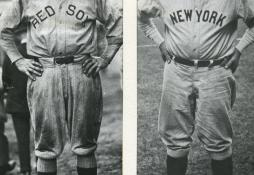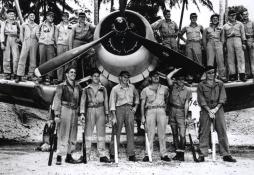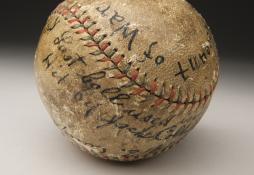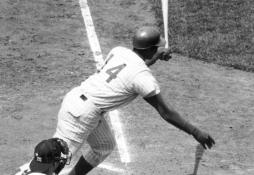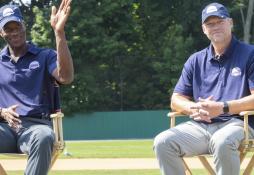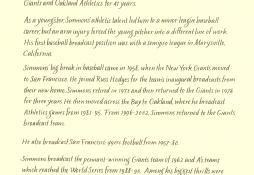He wears his feelings on his sleeve, and you know exactly how he feels. All of that is what makes Lou a good manager: His passion, his refusal to pull punches.
- Home
- Our Stories
- Lou Piniella’s baseball journey takes him to Cooperstown’s doorstep
Lou Piniella’s baseball journey takes him to Cooperstown’s doorstep
In virtually all of his managerial stops, Lou Piniella turned struggling teams into pennant contenders.
It’s a legacy that has brought Piniella acclaim and admiration throughout baseball – and has taken him to the precipice of the Hall of Fame.
Piniella is one of 10 finalists on this year’s Today’s Game Era ballot that will be considered by the committee on managers, umpires, executives and long-retired players at the National Baseball Hall of Fame and Museum. The 16-person committee will vote on Dec. 4 at baseball’s Winter Meetings in National Harbor, Md.
The 10 candidates on the Today’s Game Era Committee ballot are: Harold Baines, Albert Belle, Will Clark, Davey Johnson, Orel Hershiser, Mark McGwire, John Schuerholz, Bud Selig, George Steinbrenner and Piniella. Any candidate who receives votes on at least 75 percent of all ballots cast will be inducted into the Hall of Fame as part of the Class of 2017 on July 30.
Bio
Born Aug. 28, 1943 in Tampa, Fla., Piniella emerged as an outstanding amateur basketball player before choosing a collegiate career in baseball at the University of Tampa. But after one season in college, Piniella signed as a free agent with the Indians in 1962 – receiving a bonus contract from Cleveland in the days prior to the MLB Draft.
After one year in the minors, Piniella’s unusual path to the majors began when he was taken by the Senators in the first-year player draft following the 1962 season. He hit .310 in Class A in 1963, establishing himself as one of the game’s best hitting prospects. But the Senators traded him to the Orioles late in the 1964 season, and Piniella made his big league debut for Baltimore that September, appearing in four games.
While continuing to hit in the minors, Piniella was traded back to Cleveland, then taken in the Expansion Draft by the Seattle Pilots before being traded to the expansion Royals days before the opening of the 1969 season. He found a home in Kansas City, winning the 1969 American League Rookie of the Year Award and enjoying a five-year run with the Royals.
When Lou Piniella took the helm of the Mariners in 1993, they had experienced only one winning season in their 16 seasons in the American League. By 1995, Piniella had the Mariners in the Postseason – where they defeated the Yankees in a thrilling Division Series matchup. (National Baseball Hall of Fame)
“Hitting,” Piniella said, “is the thing I do best in the world.”
Piniella was then traded to the Yankees, where his reputation as a pure hitter was solidified. Save for the 1975 season that saw him sidetracked with an inner ear infection, Piniella became part of the core of a Bronx Bombers team that won three American League pennants and two World Series from 1976-78.
“When I played against him,” said former teammate and fellow future big league manager Don Baylor, “Lou was the guy I never wanted to see up with a man on second.”
By the time he retired in the middle of the 1984 season, Piniella had posted a .291 batting average over 18 seasons, lashing 305 doubles and 1,705 hits overall.
Remarkably, his baseball odyssey was just beginning.
In 1990, Lou Piniella took over a Reds team that had lost 87 games the year before and led them to a wire-to-wire run, leading the National League West the whole season before winning the NLCS against the Pirates and the World Series against the heavily favored Athletics. (National Baseball Hall of Fame)
Piniella became a hitting coach with the Yankees while still an active player, and was named Yankees manager prior to the 1986 season. He won 90 and 89 games in two seasons in New York before being promoted to general manager in 1988, with another stint as Yankees manager that same year.
“I guess the hardest thing for me is to learn how to relax,” Piniella said. “After every game, I go over in my mind: ‘Could I have done it differently?’
“I know I take (losses) hard. Maybe too hard.”
Then in 1990 Piniella took over a Reds team that had lost 87 games the year before and led them to a wire-to-wire run, leading the National League West the whole season before winning the NLCS against the Pirates and the World Series against the heavily favored Athletics.
After two more seasons with the Reds, Piniella joined the Mariners – a team that had experienced only one winning season in its 16 years in the American League. By 1995, Piniella had the Mariners in the Postseason – where they defeated the Yankees in a thrilling Division Series matchup. For his efforts, Piniella received his first Manager of the Year Award.
Piniella guided the Mariners to another American League West title in 1997 and a Wild Card berth in 2000. Then in 2001, Piniella and the Mariners tied one of the game’s oldest records by winning 116 games, matching the 1906 Cubs and setting a new AL standard. Once again, Piniella was named Manager of the Year.
“I’ve always been able to get along with players,” said Piniella upon learning that he won his second Manager of the Year Award. “I respect players.”
After 10 seasons in Seattle, Piniella took over the Devil Rays in 2003 – the only one of his five stops where he did not post a winning record. After three seasons, he moved onto the Cubs in 2007, leading Chicago to back-to-back Postseason berths for the first time since 1908 and winning the National League Manager of the Year Award in 2008.
In 23 seasons as a manager, Piniella won 1,835 games – good for 14th on the all-time list. Of the 13 managers ahead of Piniella on the wins list, only Gene Mauch has not been elected to the Hall of Fame. He received Manager of the Year votes in 14 of his 23 seasons and led his teams to six division titles.
“He wears his feelings on his sleeve, and you know exactly how he feels,” said Mariners Chairman and CEO Howard Lincoln when Piniella left the Mariners after posting seven winning records in 10 seasons. “All of that is what makes Lou a good manager: His passion, his refusal to pull punches.”
Craig Muder is the director of communications for the National Baseball Hall of Fame and Museum
More 2017 Today's Game Era Candidate Bios
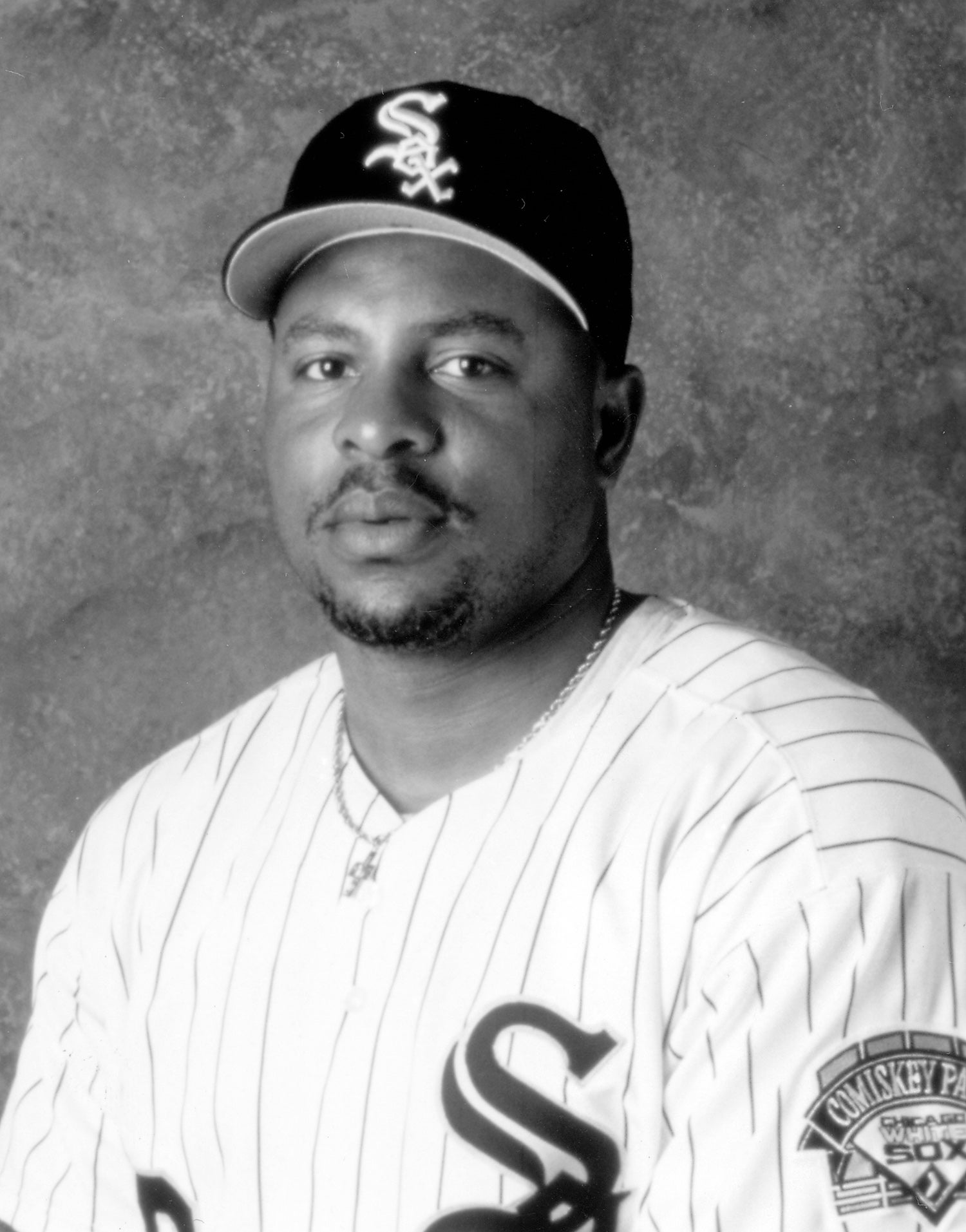
Albert Belle’s numbers earn him a place on Today’s Game Era ballot
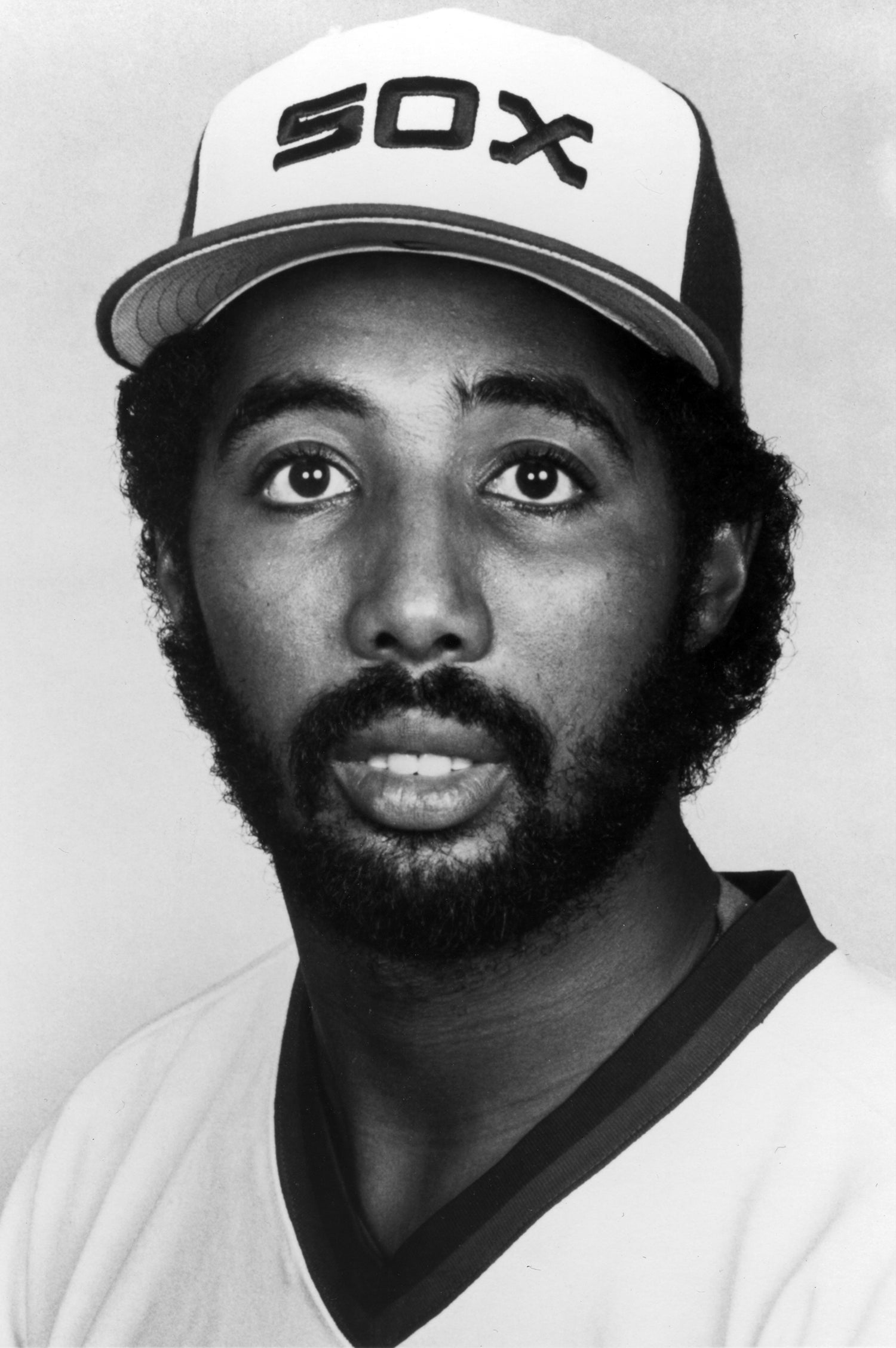
Harold Baines debuts on Today’s Game Era ballot
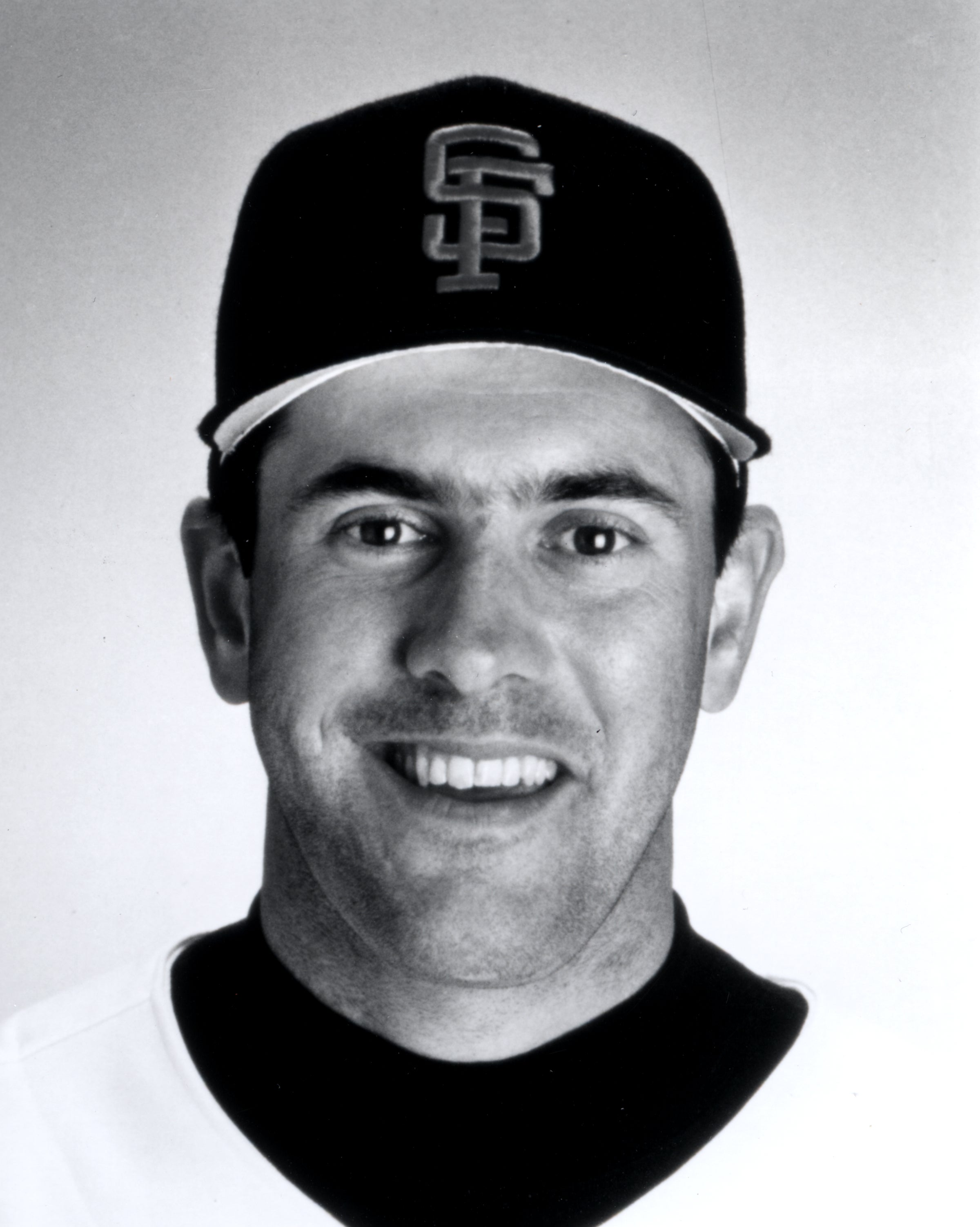
Thrill of Success: Will Clark debuts on Today’s Game ballot
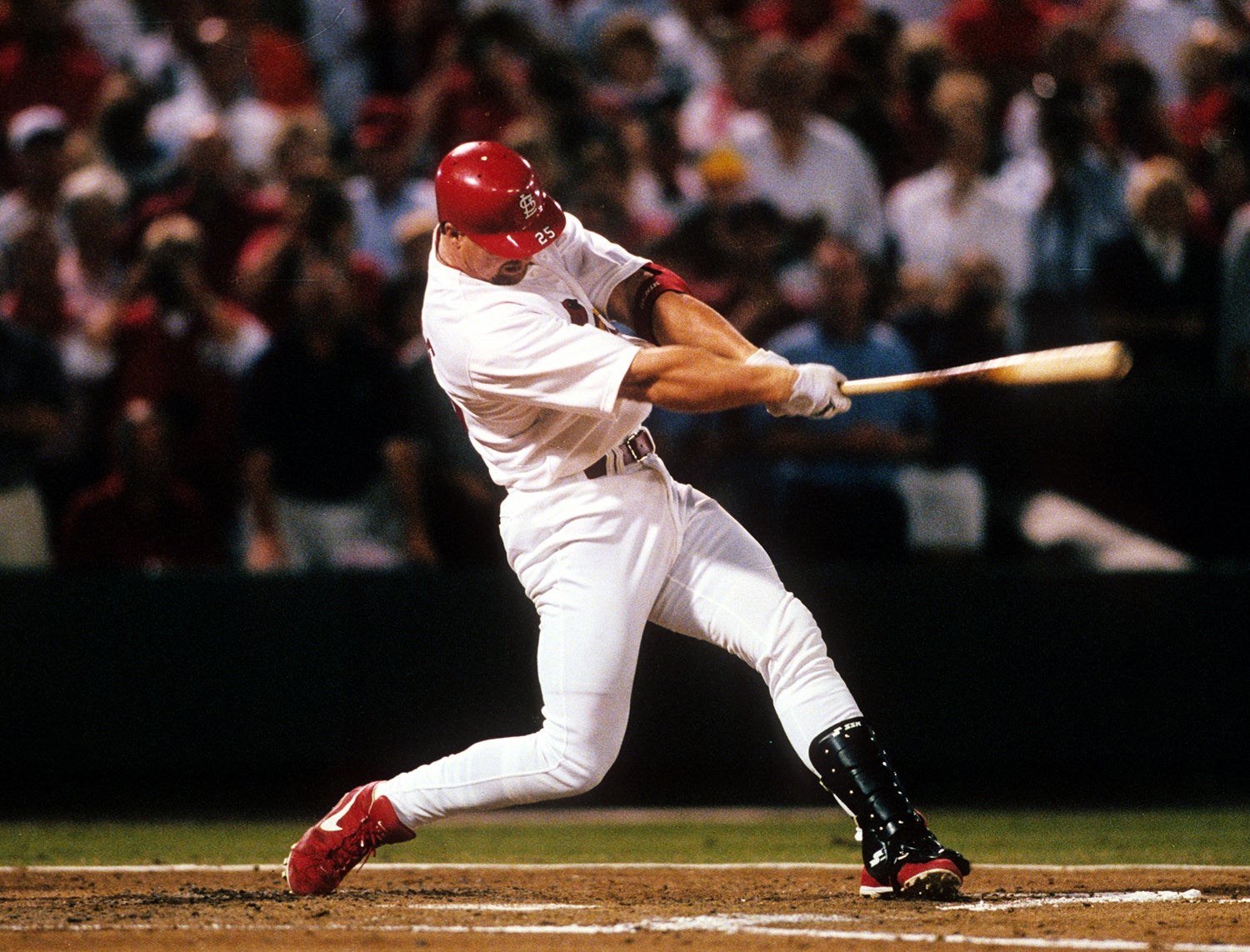
Mark McGwire to be considered by Today’s Game Era Committee

Albert Belle’s numbers earn him a place on Today’s Game Era ballot

Harold Baines debuts on Today’s Game Era ballot

Thrill of Success: Will Clark debuts on Today’s Game ballot

Mark McGwire to be considered by Today’s Game Era Committee
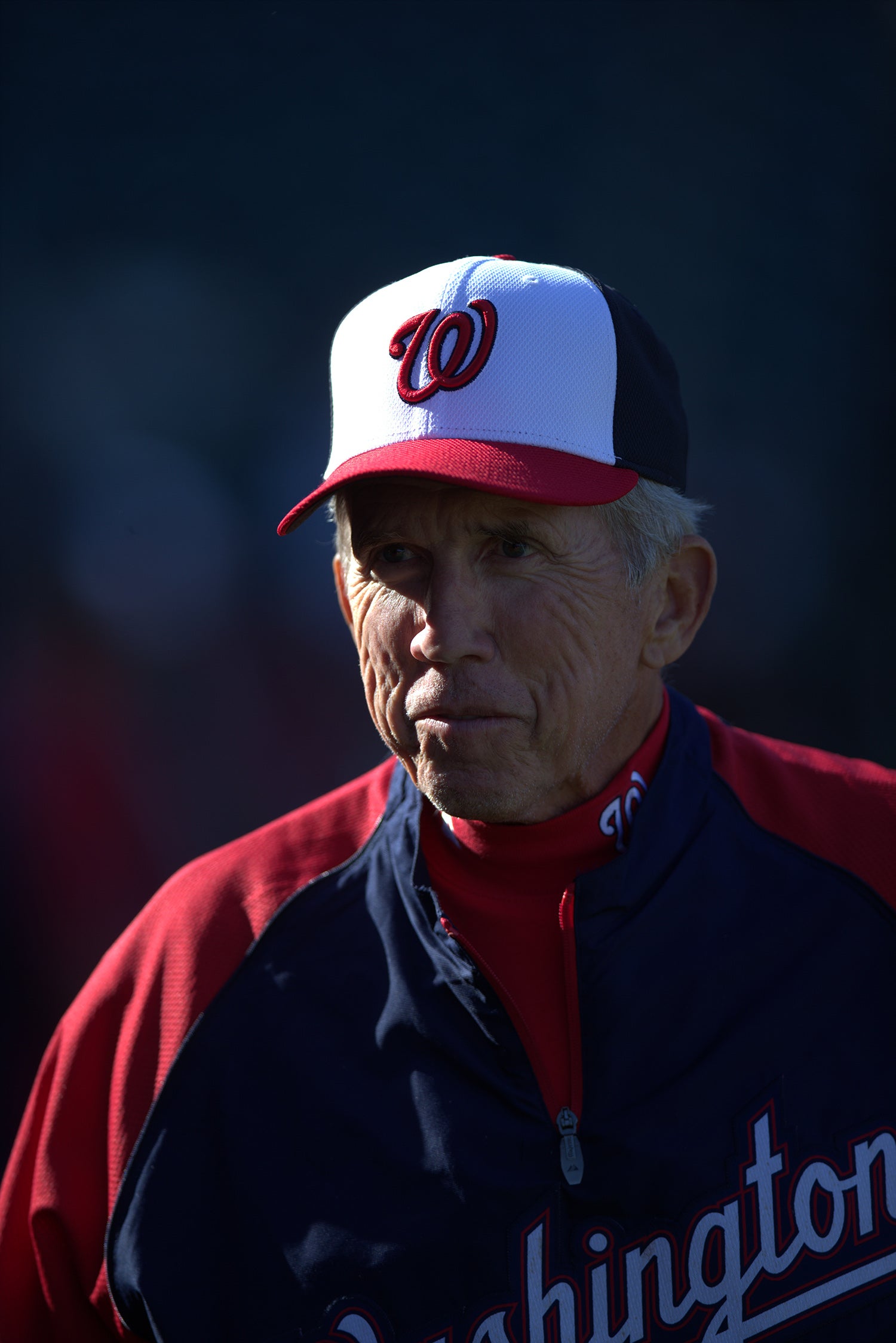
Davey Johnson’s managerial skills lead him to Cooperstown’s doorstep
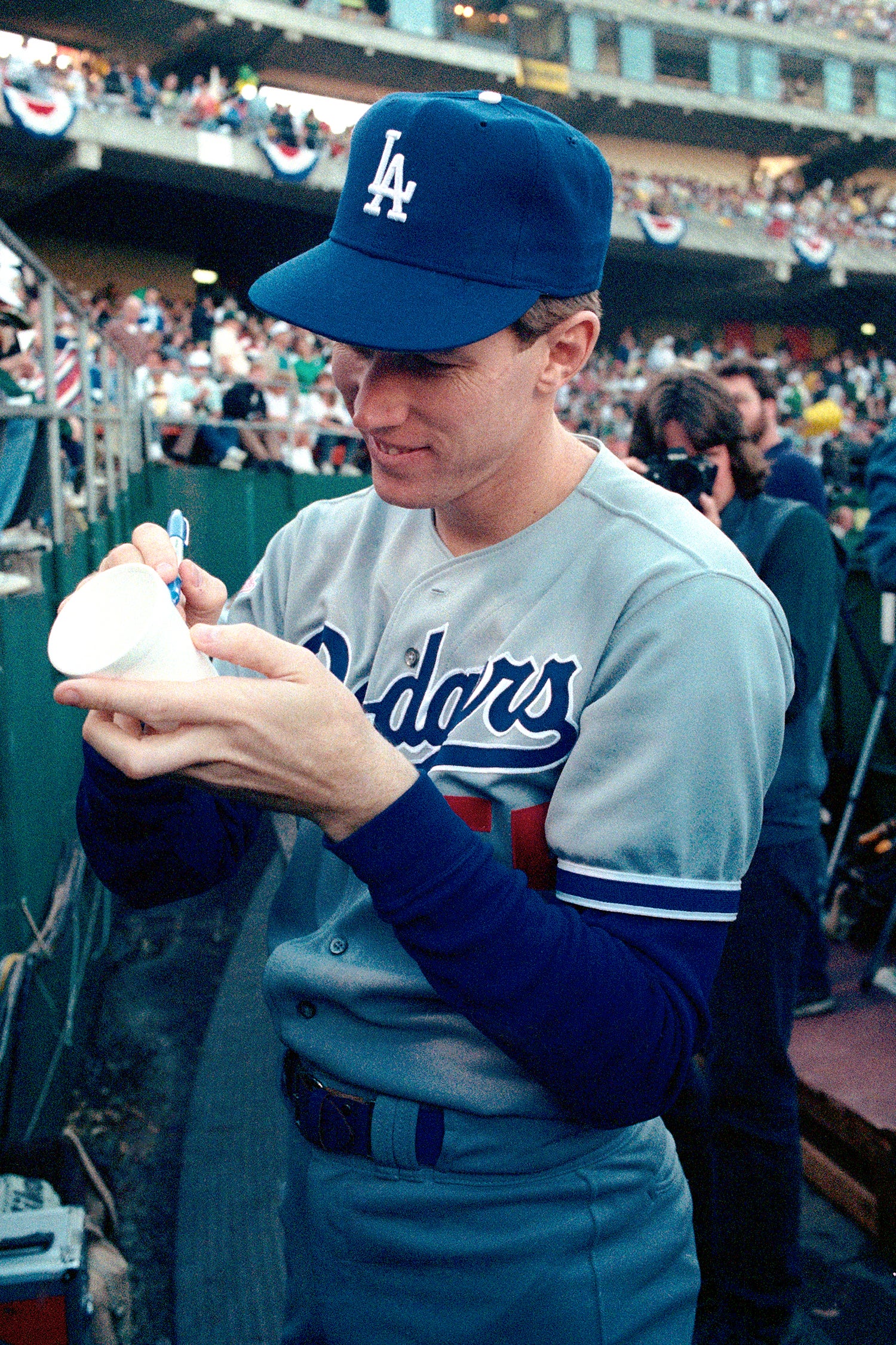
Orel Hershiser debuts on Today’s Game Era Hall of Fame ballot

King John Schuerholz
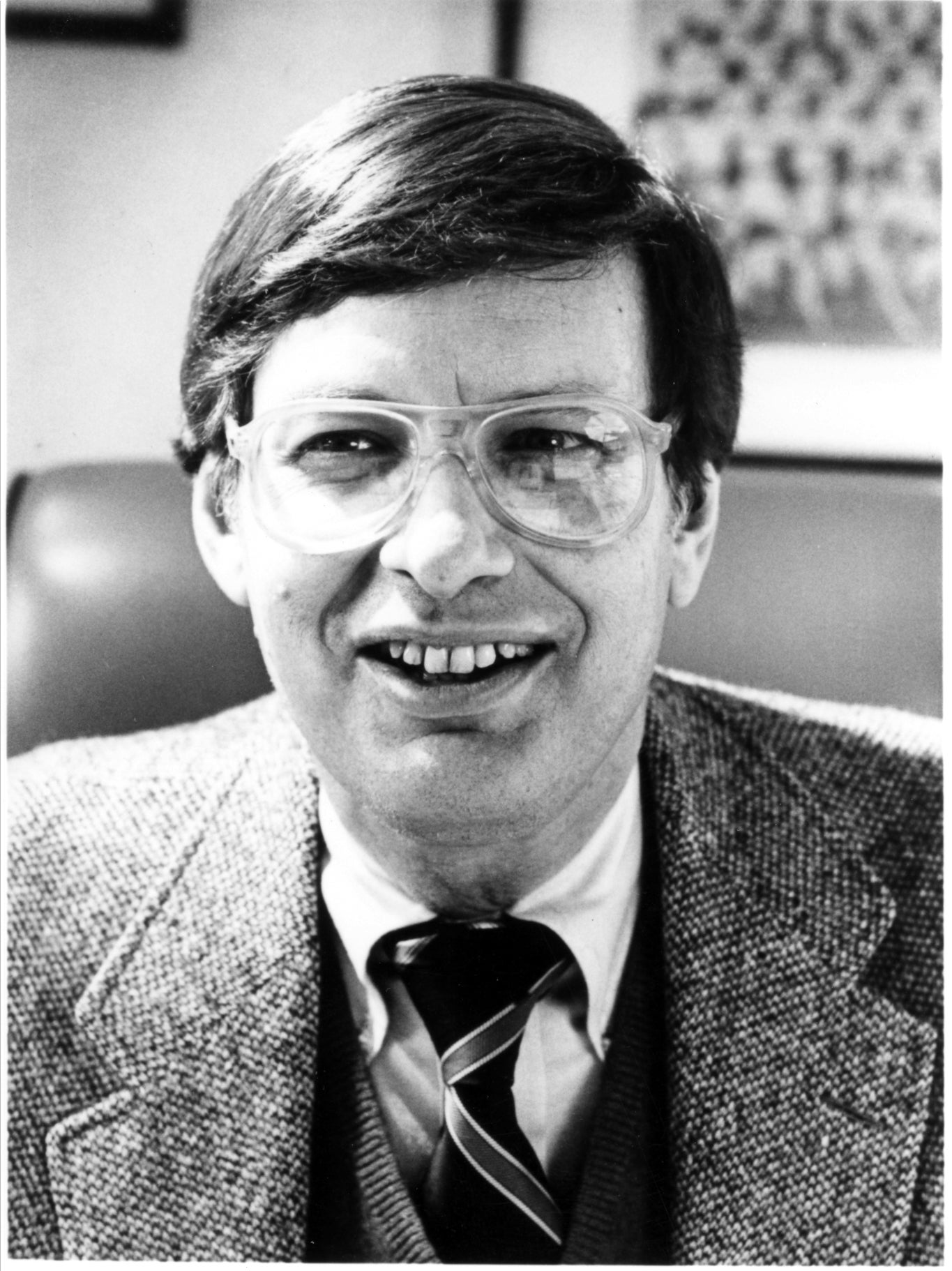
Bud Selig’s work as commissioner leads him to Cooperstown’s doorstep

Davey Johnson’s managerial skills lead him to Cooperstown’s doorstep

Orel Hershiser debuts on Today’s Game Era Hall of Fame ballot

King John Schuerholz

Bud Selig’s work as commissioner leads him to Cooperstown’s doorstep
Related Stories
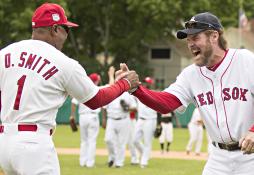
Legends, SIMPSONS Team Up for Memorable Hall of Classic
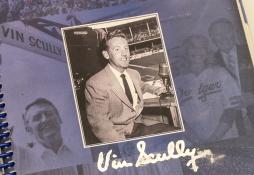
Vin Scully’s 2016 Dodgers Media Guide puts a 67-year long career into perspective
Writers Elect Four to the Hall for the First Time in 60 Years
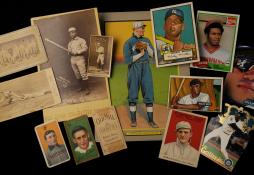
#CardCorner: 1972 Topps Bob Oliver

Dominant Dodgers

#CardCorner: 1969 Topps Gene Michael

#CardCorner: 1980 Topps Bernie Carbo

King John Schuerholz
1964 Hall of Fame Game
01.01.2023

